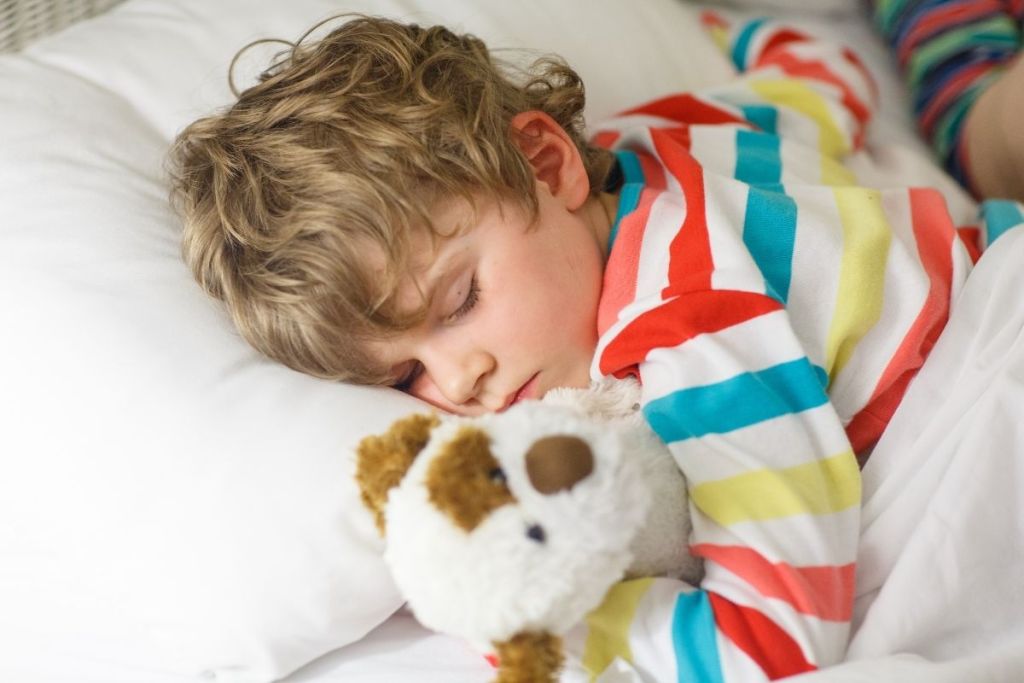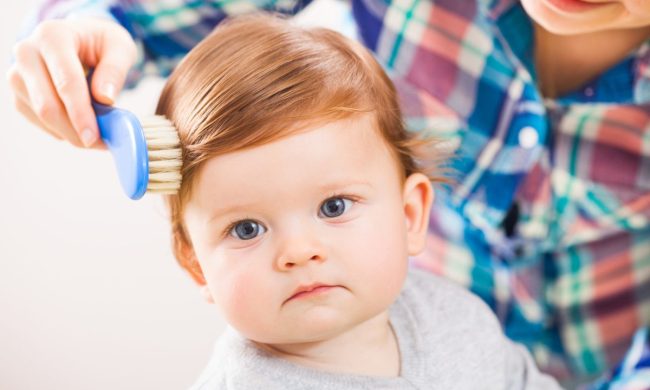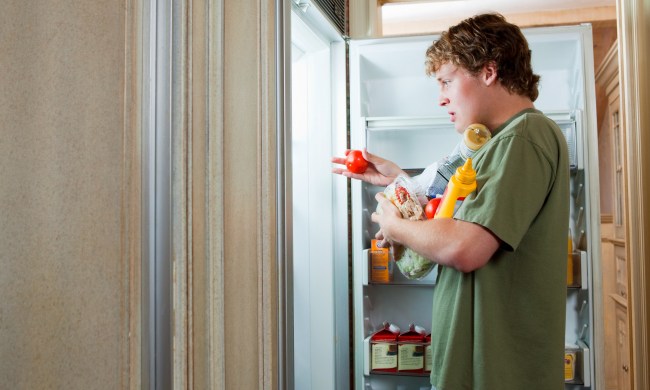Just when you’ve finally remembered how good sleeping through the night feels — bam! — toddler sleep regression hits.
It can feel like you’re back to square one waking up at all hours of the night but now you have a child who can talk back and jump around if they’re left alone when they don’t want to be. They may even be able to crawl out of the crib or toddler bed so they can run out of the room, unlike your infant, who now in retrospect, seems like an angel.
What is happening to your darling little one and — even more importantly — how can you get it to stop? We have data and advice on the dreaded 18-month-old sleep regression below.

What causes toddler sleep regression?
“It’s more of a sleep maturation or evolution than a regression,” says pediatrician Dr. Phil Boucher of Lincoln, Nebraska, who calls sleep regressions an “entirely normal and an expected part of development.”
Babies and toddlers go through sleep regressions — periods when their usual sleep schedule is interrupted — at expected times when they take developmental leaps forward. They find new independence, gain new skills, and other disruptions and changes in their lives that have such a big effect that it keeps them up at night. Before toddlerhood, babies’ expected sleep regression periods happen at 4 months, 6 months, and 8 months old.
Around 18 months is one of the typical growth spurts where a growth hormone releases more than usual and this can disrupt the toddler’s naps and nighttime sleep. Toddlers may also be experiencing separation anxiety and teething at this age, which can also make it harder to sleep.
No matter the cause, it’s a natural stage of child development. It may seem far from a good thing, but it’s a positive sign your child is growing up on a typical schedule.
It usually lasts two to six weeks before things go back to normal. How long it lasts can be shorter or longer depending on how you handle it.

What can I do about toddler sleep regression?
The 12-month, 18-month, or 2-year sleep regressions can last even longer if you instill bad sleep habits during these times, so stay consistent throughout these difficult two to six weeks to make sure it lasts as short a time as possible. You also want to ensure you don’t start bad habits that last for months or years to come. While you can’t stop the regression from happening entirely, there are strategies you can use that can help.
“Good sleep hygiene helps sleep regression and other sleep disturbances,” says Dr. Elisa Basora-Rovira, a pediatric sleep medicine physician. This means having a consistent bedtime routine, a quiet, cool, and dark bedroom, and no screen time before bed or in bed.
The bedtime routine might be bath-PJs-story-song every night, and it should always follow the same pattern to cue that it’s now time to go to sleep. You can incorporate your toddler’s new sense of independence into the bedtime routine by letting them choose the pajamas and the story.
It’s important to model being calm throughout the process of getting ready for bed, even if your toddler is fussing. Bedtime routines don’t need to be fancy (if they didn’t involve a bath every night before, you don’t need to force that now just for the sake of it), they just need to be consistent.
Closing thoughts on toddler sleep regression
Sleep regression is triggered by big life changes for your toddler, so if their sleep is already disrupted, now is not the time to introduce a new big change, such as potty training or moving from a crib to a toddler bed. Save those transitions that you have a choice about for another time. Try to keep the whole day’s routine as consistent as you can while the regression lasts.
Remember, this is a very temporary time and one of the last times you should have a sleep disturbance with your child before night wakings are over. It may be frustrating, but stay consistent and keep calm. Your child will follow your lead, and if you get upset over their sleep difficulties in front of them, it will only make things worse. Take care of yourself through this time, so you can be as calm as possible for your toddler.



